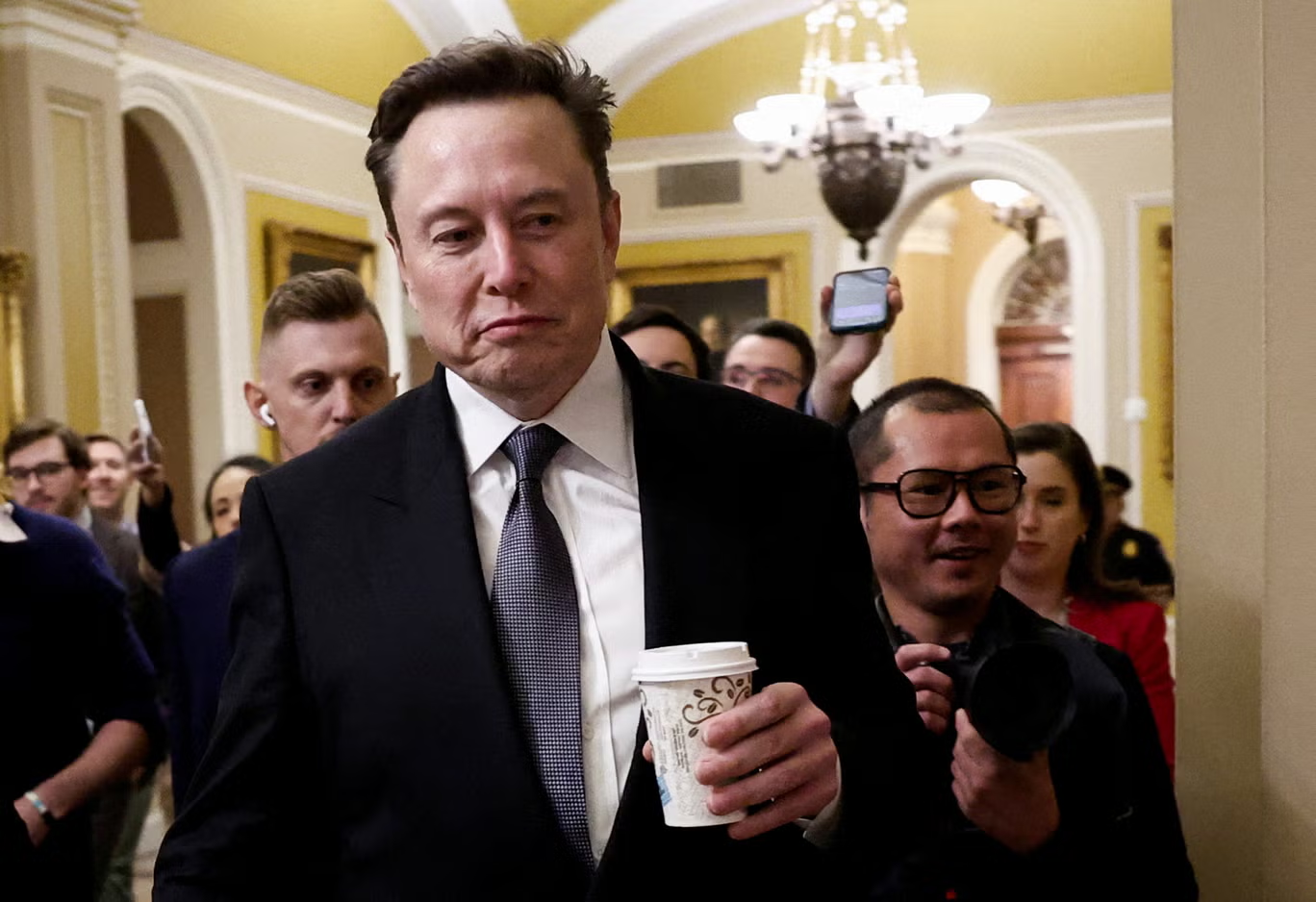It will be the first fiscal Budget being presented under the Labour government when Chancellor Rachel Reeves presents it on October 30. Considering the £22 billion deficit to be covered, much wider fiscal changes are anticipated as the government is struggling to balance election promises with sharp financial realities.
Budget Expectations
Changes in Inheritance and Capital Gains Taxation (CGT)
Expect the reform of CGT that will be brought closer to income tax, thereby affecting higher income-earners and business proprietors. Rules governing inheritance tax may also be altered to generate more revenue. Labour plans to introduce VAT on private school fees from January 2025 and also change the non-domicile, or non-dom, regime, which would switch the system to residence-based taxation in a bid to close loopholes for high-net-worth individuals.
Energy Profits Levy Extension:
Within its broader fiscal policy, this would ensure that the windfall gains energy companies are taking are now used to gain more for the government
While there are calls for change to council tax, nothing earth-shattering has been revealed so far. Changes that have been indicated regarding pensions include potentially flat-rate relief and how inheritance tax applies to pensions .
What Is Unlikely to Change
Income Tax, National Insurance and VAT Rates:
The Labour government promised never to increase these taxes to the “working people.” Perhaps, however, income tax thresholds will remain frozen as well. That will keep more people pulled into more inflationary and wage-led higher tax bands.
Council Tax Discount:
There are claims that the 25% discount for single-person council tax is being abolished; Labour won’t have time to do anything about this in the Budget.
Fuel Duty Increase:
Although there is talk of a 7p fuel duty increase, this remains uncertain as it has a concern of inflation and impacting the households already suffering due to high costs
.The 2024 Autumn Budget is going to be a very critical one since the new Labour government wants to balance ambitious reforms with prudence on financial spending. Some of the measures would raise revenue through taxing high earners and corporations, but the government has vowed not to burden ordinary taxpayers. The Chancellor’s statement on 30 October will bring further clarity, but this Budget marks a point of inflection for the government’s medium-term policy.
Look out for further updates on more detailed announcements made on Budget Day as to how these may impact businesses, personal finances, and wider economic policy.
Image Credit











